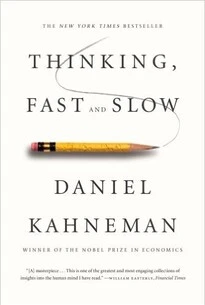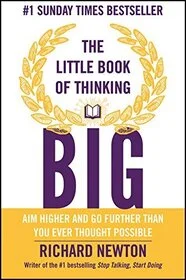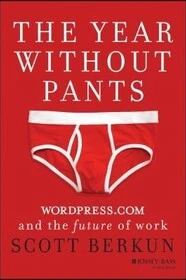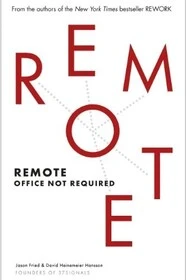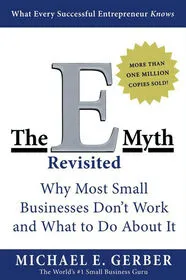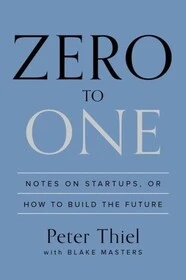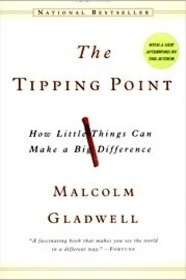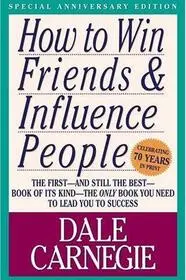In “Thinking, Fast and Slow,” Daniel Kahneman explores the two systems that govern our thinking: System 1, which is fast and intuitive, and System 2, which is slow and deliberate. He delves into the biases and heuristics that affect our decision-making processes and examines how these cognitive shortcuts can lead to errors in judgment. This groundbreaking book offers valuable insights into human behavior and challenges us to think more critically about the way we think.
Key Points
-
System 1 vs. System 2: The human mind operates using two distinct systems. System 1 is automatic, effortless, and relies on intuition. It handles most of our day-to-day thoughts and actions. System 2, on the other hand, requires effortful thinking, concentration, and logical reasoning.
-
Biases: Our minds are prone to a range of biases that can distort our judgment. For example, the availability heuristic leads us to rely on easily recalled examples or information when making decisions, often neglecting more relevant data.
-
Anchoring Effect: Our judgments are heavily influenced by initial anchor points or reference values. Even when these anchors are arbitrary or irrelevant, they can significantly impact our final assessments.
-
Framing Effects: The way information is presented can influence our decisions. Different frames evoke different responses from individuals even when faced with identical choices.
-
Loss Aversion: People tend to be more sensitive to potential losses than gains of equal value. This aversion to loss drives many decision-making processes as individuals strive to avoid negative outcomes at all costs.
-
Overconfidence: We often overestimate our abilities and knowledge due to a phenomenon known as the illusion of confidence. This bias affects decision-making across various domains such as finance, politics, and personal relationships.
About the author
Daniel Kahneman is an Israeli-American psychologist notable for his work in behavioral economics. He was awarded the Nobel Memorial Prize in Economic Sciences in 2002 for his pioneering research on human judgment and decision-making. With “Thinking, Fast and Slow,” Kahneman shares his expertise and insights gained from decades of studying the intricacies of the human mind. His work has had a profound impact on fields such as psychology, economics, and public policy.
I score this book 5 moons: 🌕🌕🌕🌕🌕
